What are Ring Gears
Ring gears, integral components in various mechanical systems, are circular discs featuring teeth on their outer edge. These gears play a pivotal role in transmitting torque and rotational motion between different axes within a machine. Catering to an array of industries, ring gears are employed in automotive transmissions, aerospace mechanisms, construction equipment, and even in everyday consumer products.
The functionality of a ring gear is based on the fundamental principles of gear mechanics. When a ring gear interlocks with a compatible pinion gear or a smaller gear, it can either increase the speed of the driven gear while reducing its torque or do the opposite—decrease speed and increase torque—depending on the size ratio between the gears. The direction of force and rotational motion is altered as power is transferred from one gear to another. This versatility makes ring gear systems crucial for machines that require precise control over their movement and speed.
Ring gears are designed for durability and can be made from various materials such as steel, brass, or even plastic to suit specific operational needs. They come in different tooth profiles, such as spur, helical, or herringbone, each offering unique advantages in terms of operating smoothness and noise levels. The choice of material and tooth profile is vital for ensuring compatibility with the intended application's demands and operational environment.
Types of Ring Gears
In the vast machinery market, customers encounter several types of ring gears, each tailored to meet specific requirements and applications. These include:
Spur Ring Gears: The simplest type, featuring straight teeth parallel to the gear's axis. Commonly used in applications where noise is not a primary concern, spur ring gears are known for their ease of manufacture and ability to handle high loads.
Helical Ring Gears: With teeth cut at an angle to the face of the gear, helical ring gears provide smoother operation than spur gears. They are preferred in high-speed applications due to their reduced noise and vibration levels.
Herringbone Ring Gears: A combination of two helical gears oriented in a V-shape, herringbone gears offer even smoother operation and greater load capacity without axial thrust, making them suitable for heavy-duty machinery.
Bevel Ring Gears: Typically used in differential drives which allow wheels to rotate at different speeds; bevel ring gears have conically shaped teeth and are employed in automotive axles.
Planetary Ring Gears: Part of planetary (or epicyclic) gear sets often found in automatic transmissions; these gears provide multiple gear ratios and are known for their compact size and efficiency.
How to choose Ring Gears
When selecting ring gears for business purposes, especially within a B2B context where bulk purchasing is common, several considerations should be taken into account:
Material: The choice of material directly impacts the gear's strength, durability, and suitability for specific environments or stress levels. Materials range from various steels to non-metal options like plastic or brass, each with its own set of properties catering to different applications.
Tooth Profile: The tooth profile affects operational noise levels, strength, and speed capabilities. For instance, helical gears offer smoother operation but may require more complex manufacturing processes compared to spur gears.
Application Requirements: Assessing the operational demands such as torque requirements, speed variance, load capacity, and environmental factors will guide you toward selecting the appropriate type of ring gear for your machinery or product line.
Standard vs Nonstandard: While standard gears may suffice for common applications, nonstandard gears might be necessary for unique or specialized machinery designs. Customization can be an important factor when standard solutions do not meet specific technical requirements.
Best Ring Gears on Alibaba.com
Alibaba.com stands as a global marketplace connecting buyers with suppliers from all over the world. This extensive network includes a diverse array of ring gears suitable for various industrial needs. Whether you're looking for standard spur gears for manufacturing plants or specialized herringbone gears for construction machinery, Alibaba.com facilitates access to products that cater to your unique requirements.
The platform’s user-generated content allows buyers to sift through options using filters like material type, tooth profile, and industries served. This feature assists purchasers in finding precisely what they need without wading through irrelevant listings. Alibaba.com emphasizes convenience by offering services like Trade Assurance which protects payments until delivery is confirmed—this underscores Alibaba’s commitment to facilitating secure transactions.
Alibaba.com serves more than just a marketplace; it's an ecosystem designed for businesses seeking reliable suppliers that can provide tailored solutions including customization options. With its extensive reach across 190 countries and areas combined with convenient mobile accessibility and localized support services, Alibaba.com is well-positioned to help businesses find high-quality ring gears that meet their specific needs while ensuring a seamless buying experience.
Common FAQs for Ring Gears
What are the most common materials used for ring gears?
Ring gears can be manufactured from a variety of materials, including steel, stainless steel, brass, and plastic. The choice of material depends on the required strength, durability, and environmental conditions in which the gear will operate.
How do I determine the appropriate tooth profile for a ring gear in my application?
The suitable tooth profile for a ring gear depends on factors like operational noise preference, strength requirements, and speed capabilities. Spur gears are commonly used for their simplicity and capacity to handle high loads, while helical and herringbone gears provide smoother operation with less noise and vibration.
What industries typically use ring gears?
Ring gears are used across numerous industries such as automotive, aerospace, construction equipment manufacturing, agricultural machinery production, and various other industrial machinery applications.
Can ring gears be custom-made to fit specific applications?
Yes, ring gears can be custom-made to meet unique requirements that standard gears cannot fulfill. Customization may include specific materials, tooth profiles, sizes, and other specifications tailored to particular applications.
What is the difference between standard and nonstandard ring gears?
Standard ring gears adhere to industry-standard dimensions and specifications, making them suitable for a wide range of common applications. Nonstandard ring gears are tailored to specific requirements that do not conform to standard dimensions or features.
How does the size ratio between a ring gear and a pinion gear affect their operation?
The size ratio between a ring gear and a pinion gear determines the mechanical advantage, affecting the output speed and torque. A larger ring gear paired with a smaller pinion gear will decrease speed but increase torque, whereas the opposite pairing will increase speed and decrease torque.
Are there any surface treatments recommended for ring gears to enhance their performance?
Surface treatments such as grinding can improve the performance of ring gears by enhancing their durability and reducing operational noise. The choice of surface treatment depends on the application's specific demands.
What kind of maintenance is required for ring gears?
Maintenance for ring gears typically includes regular inspections for wear and tear, lubrication to ensure smooth operation, and timely replacement if any damage or excessive wear is detected.
How do I choose between helical and spur ring gears?
Choose helical ring gears if you require smooth operation with reduced noise and vibration, particularly in high-speed applications. Opt for spur ring gears if simplicity and load capacity are more critical than noise reduction.
What are some considerations when choosing a ring gear for heavy-duty applications?
For heavy-duty applications, consider factors such as material strength (e.g., alloy steel or hardened metals), tooth profile robustness (e.g., herringbone or helical), and potential customization options that can accommodate higher loads or adverse conditions.
Is it possible to get a machinery test report with my ring gear purchase?
Machinery test reports are often provided by suppliers but availability may vary. It is important to verify with the supplier whether they offer this documentation before finalizing your purchase.
Can I find local suppliers for ring gears on Alibaba.com?
Alibaba.com features suppliers from local service locations around the world including countries like India, Germany, United States, United Kingdom, Brazil, among others. You can filter your search based on local service locations to find suppliers near you.
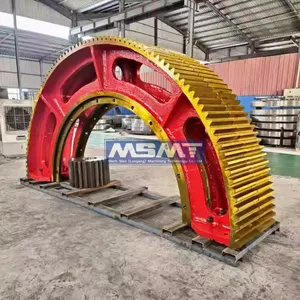


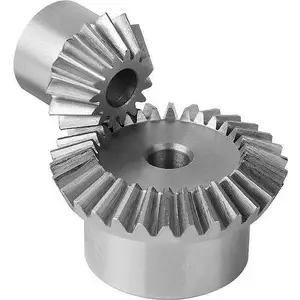



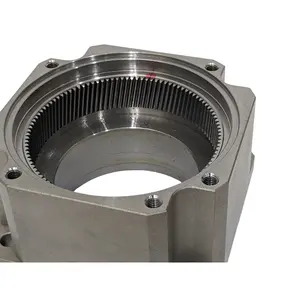


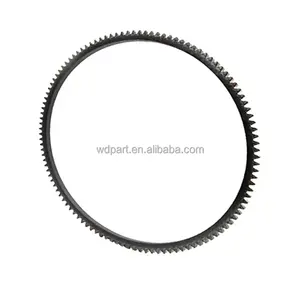



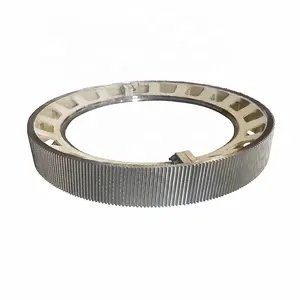



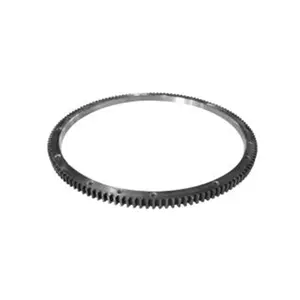




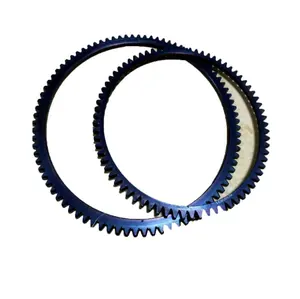



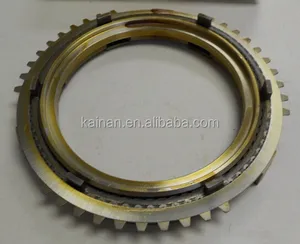
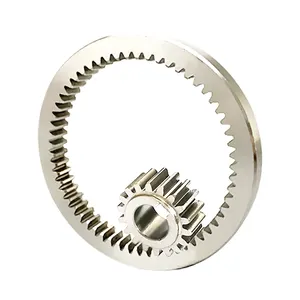





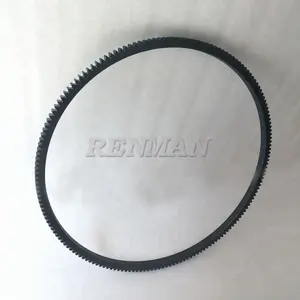



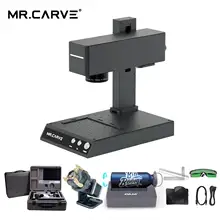
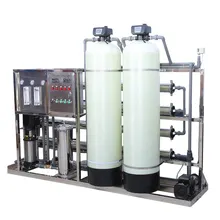

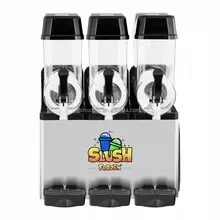

































 浙公网安备 33010002000092号
浙公网安备 33010002000092号 浙B2-20120091-4
浙B2-20120091-4